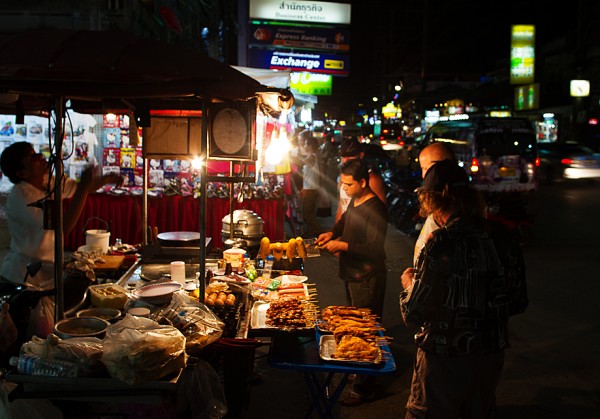WHEN IT COMES to diets and nutrition, everyone seems to have a different (and usually fiercely-held) opinion. So take all this for what it is, an anecdote of what has worked for me, and what seems to be working for others I’ve talked to.
Here’s the story: Basically my family history / heredity (heart disease) and ongoing stress / anxiety levels finally caught up to me in 2013, when I was diagnosed with high blood pressure. I’d always considered myself a “healthy eater,” which meant I never ate fast food; I tried to eat organic when possible; I generally kept it balanced with proteins, grains, fats, vegetables.
